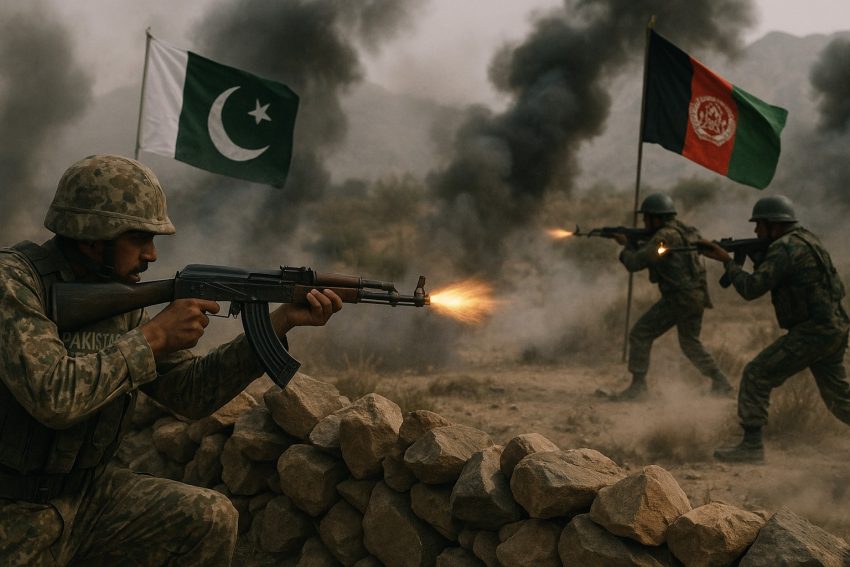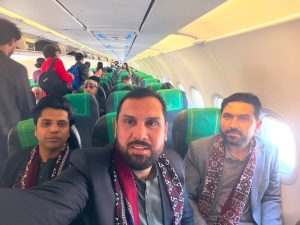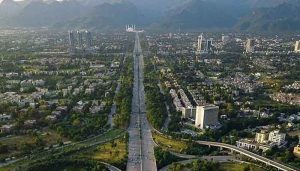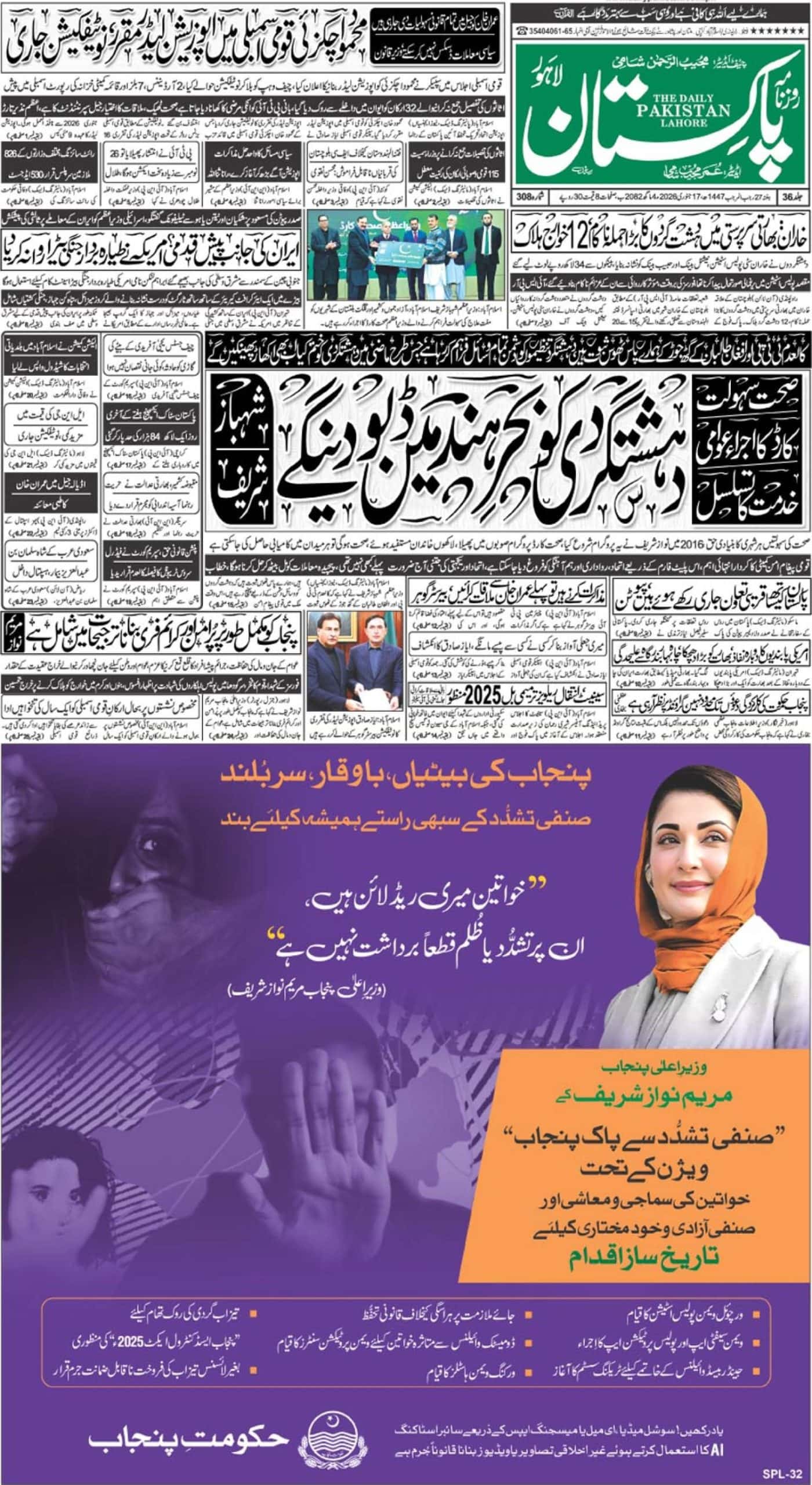Pakistan’s long-standing policy of strategic restraint towards Afghanistan has officially come to an end. For decades, Islamabad absorbed cross-border terrorist attacks with a combination of diplomatic protests and limited military action, always holding out hope that the regime in Kabul would eventually honour its security obligations. A clear and uncompromising new doctrine of direct accountability has now replaced that hope.
The core of this new policy is a stark ultimatum delivered to the Afghan Taliban. Islamabad has now publicly declared that any future terrorist attack in the provinces of Khyber Pakhtunkhwa or Balochistan traced back to Afghan soil will result in immediate and decisive military strikes, not just against the proxy terrorists, but directly targeting the posts and bases of the Afghan Taliban themselves. This marks a fundamental shift. It erases the distinction between the terrorists (like the TTP) and their hosts, placing full responsibility for any future bloodshed squarely on the shoulders of the Afghan state.
This severe stance was not arrived at overnight. It is the result of nearly half a century of patience wearing thin. Pakistan’s grievance is not with the Afghan people. The history is clear: Pakistan has hosted millions of Afghan refugees for over forty years, supporting them through invasions and civil wars when the rest of the world looked away. In return for this generational solidarity, Pakistan asked for only one thing: that its neighbour’s soil would not be used to launch attacks against it. This single, reasonable request has been profoundly betrayed.
Islamabad sees the current regime in Kabul as an active facilitator of a proxy war orchestrated by India. This is not a baseless accusation; it is based on the stated policy of India’s National Security Advisor, Ajit Doval. He was recorded outlining a cynical strategy to exploit and fund militant factions in Afghanistan, whom he described as being available for hire, to bleed Pakistan through a constant state of terror. The persistent attacks by the TTP, alongside Baloch terrorist groups like the BLA and BYC, are viewed as the direct, bloody outcome of Doval’s doctrine in action.
For years, Pakistan engaged in a frustrating cycle of diplomacy. It presented Kabul with concrete evidence of terror camps and TTP leaders operating freely in Afghanistan. In response, it received only hollow denials and empty promises. This duplicity became unbearable as Afghan officials would publicly call for “brotherhood” and enhanced trade while their territory was used to plan the murder of Pakistani citizens. Worse, they would then travel to New Delhi to condemn Pakistan’s defensive actions. This two-faced policy has been rejected. The mantra that “we are brothers” no longer provides cover for complicity in terrorism.
Pakistan’s recent military operations, which destroyed over 21 militant positions and struck the Taliban’s headquarters in Kandahar, were a prelude to this new reality. They demonstrated that Pakistan now has the will and the capacity to enforce its security. The choice for the Afghan government is now brutally simple. It can act like a sovereign state, dismantle the terrorist infrastructure it harbours, and restore peaceful relations. Pakistan has made it clear that it still welcomes this path with an open heart.
However, if Kabul chooses to continue as a launchpad for India’s proxy war, it will face the direct consequences. Pakistan’s message is resolute: you are free to maintain relations with anyone you wish. But your right to an independent foreign policy ends where our national security begins. The motherland will be defended, and from this point forward, every attack will be met with a direct and punishing response against the Taliban regime itself. The red line has been drawn.














